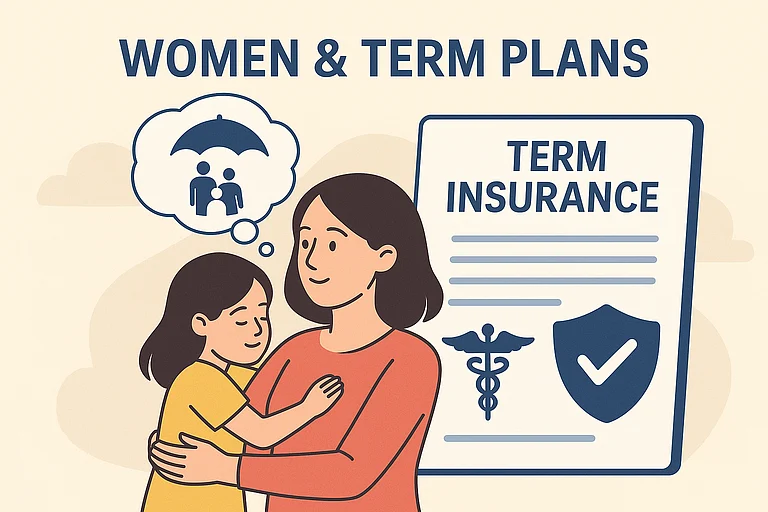A new survey by Finsafe India, in partnership with Womantra, shows that while more women are keen to take charge of their finances, but confidence gaps, cultural baggage, and lack of relatable financial guidance still weigh heavily on their progress.
The survey, involved 800 women across different age groups and geographies, and questioned them on what financial independence meant to them, how they managed money, and what they want to achieve next. The findings revealed that women are waiting for the right tools and support to achieve financial well-being.
Here’s are the findings of the survey and women’s outlook on financial independence for 2025.
Financial Independence: Not Just About Earning
When asked what financial independence means, 57 per cent of respondents, said it is about having enough for all their financial needs and goals. Only a fifth said it meant supporting themselves without help, and less than 10 per cent linked it purely to being debt-free.
This is a significant shift from previous perceptions where financial independence was often equated with simply earning an income. Now, women are defining it in broader, more meaningful terms by planning for the long term, saving for emergencies, and investing to build wealth.
However, as the report says, understanding what it means and knowing how to get there are still two different things:
1) Confidence Doesn’t Match Capability
The survey found that while women are managing household expenses and paying loans, they remain unsure of themselves when it comes to saving for retirement or investing.
Fewer than 20 per cent felt confident handling core money tasks, such as saving, investing, or managing debt. Yet, this is not a capability gap, but a confidence one. Most respondents said they could “do better,” signalling the need for supportive interventions rather than remedial training.
2) Persistent Worries, Limited Plans
Nearly 63 per cent of women said they were not sure if they had saved enough for their financial goals. Around 46 per cent were not confident about handling emergencies.
When it comes to health insurance and job loss, nearly 50 per cent women admitted they had not thought about how they would cope. Only 29 per cent had their own health cover. For many, uncertainty, not a lack of income, remains the real hurdle.
Are Women Taking Their Own Money Decisions
While 46 per cent of women now take financial decisions independently, nearly the same number, 43 per cent, rely on family members, mostly male, to manage money. A mere 7.50 per cent engage with financial advisors, often out of fear of being judged, misunderstood, or fear of being pressured into buying products they don’t fully understand.
This hesitation is not rooted in disinterest, but in a lack of experience. Many women have grown up being distanced from financial decision-making, internalising that it’s not “their domain.” The report notes that even high-earning women often defer bigger financial decisions to others.
Investing: High Curiosity, Low Confidence
According to the report, mutual funds are the most popular investment for most women (39 per cent) and the top area of future interest (59 per cent). But the gap between intent and action remains wide, according to the survey.
More than 60 per cent cited lack of knowledge as a key barrier, and over half said they were scared of making losses. Interestingly, women are not risk-averse, they are more risk-conscious. They want to invest, but they want to get it right.
There is also a growing interest in equities, gold exchange-traded funds (ETFs), and even alternate investment funds. But the learning curve, and the intimidating tone of financial content, often discourages their engagement.
What Women Want in 2025
If there is one standout finding from the survey, it is that women want to act.
71 per cent said they plan to invest more this year
59 per cent want to create a financial plan
56 per cent aim to build an emergency fund
Debt reduction was a lower priority among women, according to the survey, with only 27 per cent listing it as a goal. This could indicate a lack of awareness about how debt impacts long-term wealth or is a reflection that many respondents are not carrying high-interest debt.















